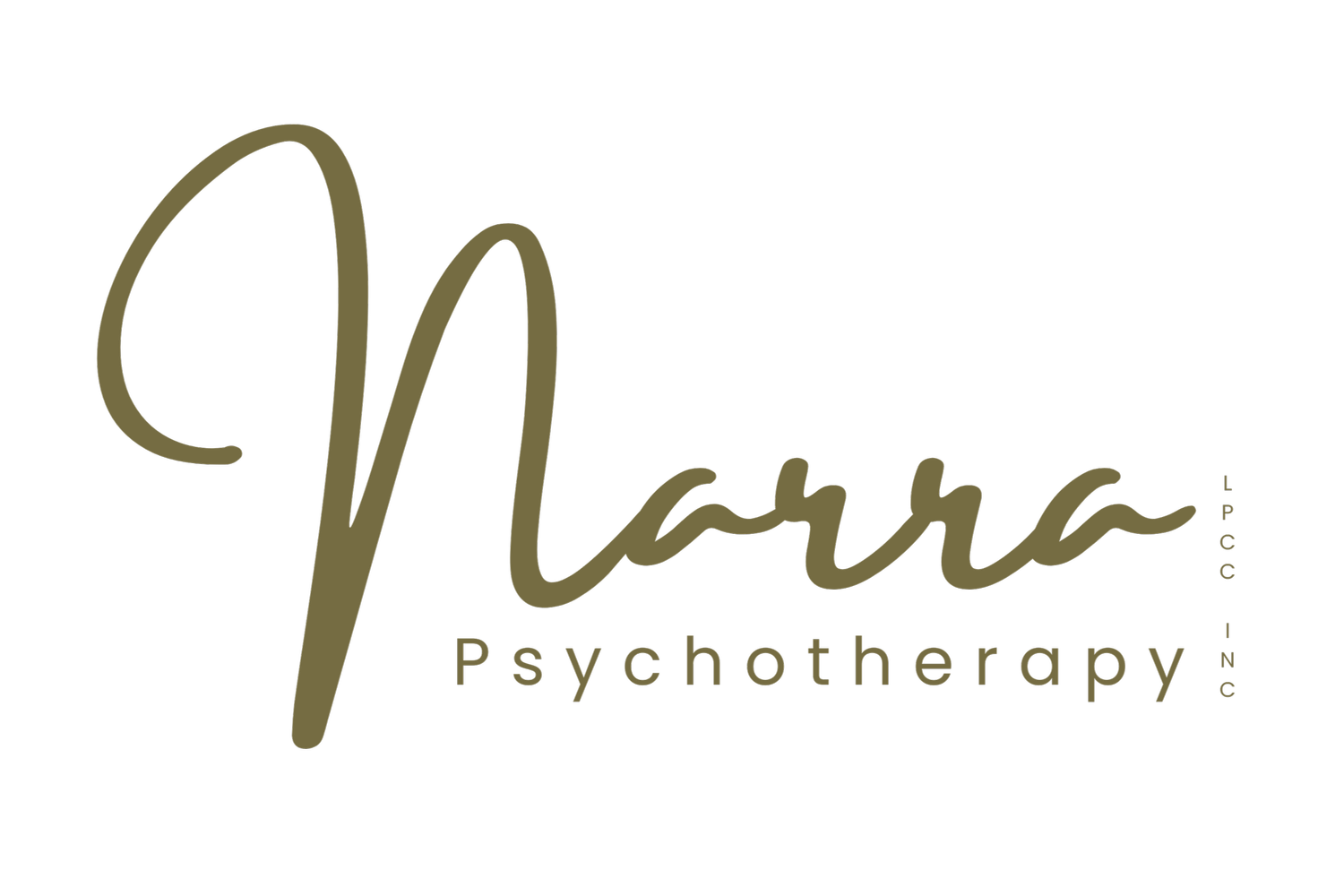“The cave you fear to enter holds the treasure you seek.”
Joseph Campbell
What is psychotherapy?
Psychotherapy (a.k.a. talk therapy) is a safe, compassionate space where you can explore what you’re going through with the support of a caring mental health professional. It’s a holistic process that honors your whole self—mind, body, and spirit—and helps you make sense of your experiences without judgment.
Some of the meaningful benefits of therapy include greater self-understanding, more effective ways to cope with stress, improved communication, stronger and healthier relationships (including your relationship with yourself), and a general sense of relief and emotional well-being.
Therapy is a collaborative journey—your openness and effort play a vital role in your growth. At times, the process may bring up uncomfortable feelings or challenge long-held patterns, but that’s often where healing begins. It’s okay to feel vulnerable; you don’t have to do this alone. We’re here to walk alongside you and support you every step of the way. Healing and growth are possible, and we would be honored to be part of your journey.
Our Services
Notice to Our Clients
No Surprises Health Care Service Act: Good Faith Estimate
(2799B-6 of the Public Health Service Act; January 1, 2022)
For patients who do not have insurance or will not be using insurance:
You have the right to receive a “Good Faith Estimate” explaining how much your treatment will cost. Under the law, all health care providers need to provide their patients an estimate of their bill for services. You have the right to receive a Good Faith Estimate for the total expected cost of any of your services. Your therapist is expected to give you a Good Faith Estimate in writing at least 1 business day before your therapy begins. You can also ask for a Good Faith Estimate before you schedule a service. If you receive a bill that is $400 more than the Good Faith Estimate you received, you can dispute the bill. Be sure to save a copy of your Good Faith Estimate.
No Secrets Policy
In couples therapy or family therapy, the treatment unit—meaning the couple or family as a whole—is considered the client. To support open communication and avoid potential conflicts of interest, we follow a “no secrets” policy. This means that information shared with your therapist individually may be brought into joint sessions if they believe it is clinically relevant to the treatment of the couple or family.
This approach helps ensure that your therapist can continue to work effectively with all members of the treatment unit. If they are unable to use their clinical judgment to share important information in a way that supports the therapeutic goals of the couple or family, they may be placed in an ethical conflict that could require ending treatment. This policy is in place to help avoid that outcome and maintain the integrity of the therapeutic process.



